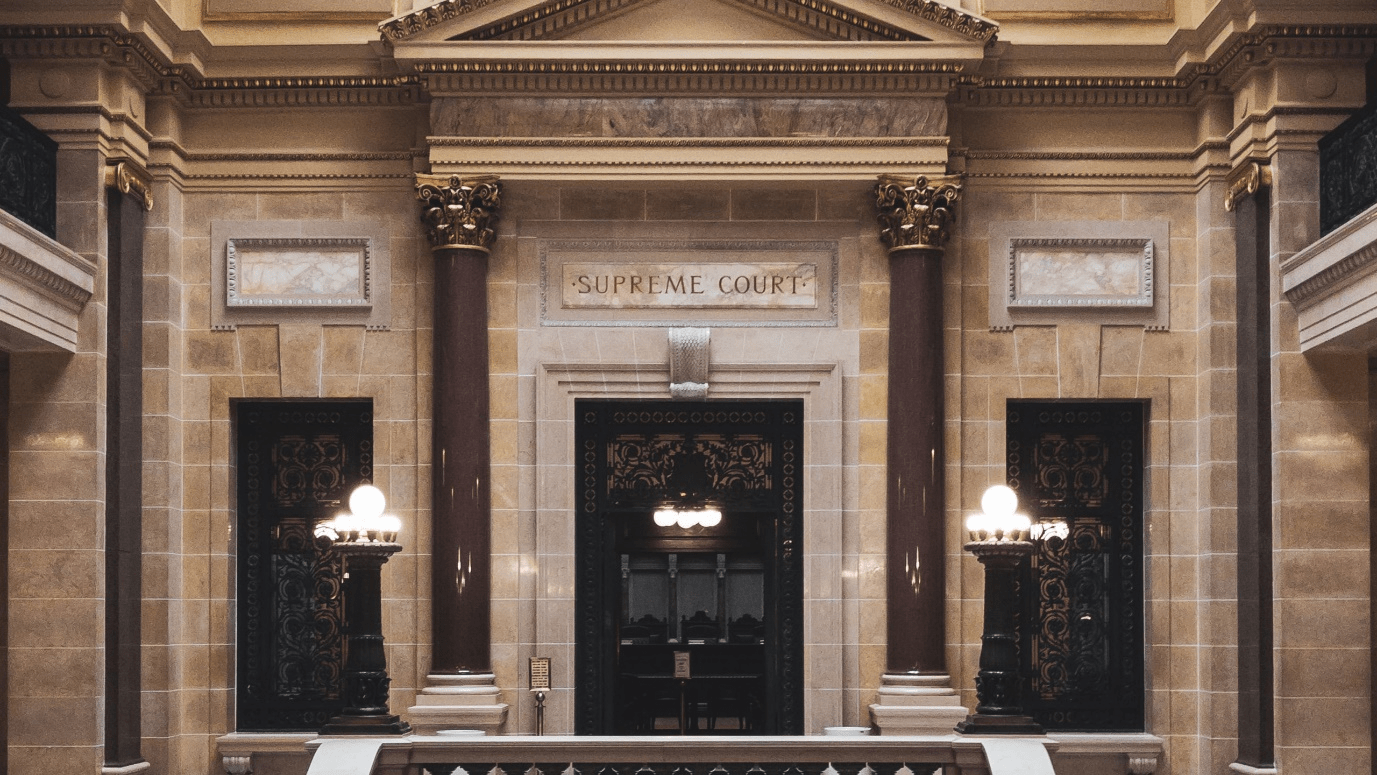
Why Skills-First Leadership Is Replacing the Ivy League Playbook in the C-Suite
The old prestige pyramid—where Ivy League degrees and blue-chip consulting backgrounds paved the way to the CEO seat—is cracking.

October 8, 2021: -On Wednesday, Supreme Court justices asked if the U.S. would allow a Guantanamo Bay detainee to testify about his torture and confinement by the CIA, a move that sidesteps a dispute over the government’s assertion of the “state secrets privilege.”
The question came at the end of oral arguments about the government’s effort to stop two ex-CIA contractors from testifying the treatment of that detainee, Abu Zubaydah, at an alleged “black site” in Poland.
This file photo provided by U.S. Central Command showing Abu Zubaydah, date, and location unknown. The Supreme Court is hearing arguments about the government’s ability to keep what it says are state secrets from a man tortured by the CIA following.
Fletcher said that that question had been resolved because Zubaydah’s lawyers had not made the request, who say Zubaydah isn’t allowed to speak.
In 2002, Zubaydah was captured in Pakistan and imprisoned ever since, held by the CIA in detention facilities overseas without charges.
The U.S. believes him to be a member of al-Qaeda, the terrorist group behind the September 11, 2001, attacks. In a petition to the Supreme Court, the government described Zubaydah as an “associate and longtime terrorist ally of Osama bin Laden” a claim Zubaydah’s lawyers called “categorically false.”
The government, asserting the state secrets privilege, moved to quash those subpoenas in their entirety. The district court granted the government’s request, but an appeals court disagreed, finding that not all requested information was a state secret.
The government appealed that ruling to the Supreme Court, arguing that the lower court’s decision “is seriously flawed and poses significant risks to the national security.”
In brief to the Supreme Court, Zubaydah’s lawyers said the U.S. had forbidden him from offering his testimony in the Polish investigation.
Fletcher told the court on Wednesday that Zubaydah is not being held “incommunicado” but is subject to the same restrictions as other Guantanamo detainees.
The government acknowledges that Zubaydah’s treatment by the CIA “included the use of enhanced interrogation techniques.”
The Supreme Court is ready to hear arguments next month in another case involving questions about the state secrets privilege. That case, FBI v. Fazaga, also involves claims that the FBI had an informant infiltrate a California mosque to follow targets based on their religion. Oral arguments will take place on November 8.

The old prestige pyramid—where Ivy League degrees and blue-chip consulting backgrounds paved the way to the CEO seat—is cracking.

Loud leaders once ruled the boardroom. Charisma was currency. Big talk drove big valuations.

But the CEOs who make history in downturns aren’t the ones with the deepest cuts

Companies invest millions in leadership development, yet many of their best executives leave within a few years. Why?

The most successful business leaders don’t just identify gaps in the market; they anticipate future needs before anyone else.

With technological advancements, shifting consumer expectations, and global interconnectedness, the role of business leaders

The Fort McMurray First Nation Group of Companies is the wholly owned business entity of Fort McMurray 468 First Nation. It was established in 1987 as Christina River Enterprises, and the organization rebranded as FMFN Group in 2021. Providing Construction, Custodial, Petro-Canada Fuel & Convenience Store, and Transportation services to a broad portfolio of customers, the Group of Companies is creating financial stability and prosperity for the Nation.

Maushum Basu is a visionary leader who inspires his team with a clear, compelling purpose. Unafraid to take calculated risks, he understands that growth often stems from change and innovation. His deep commitment to both Airia Brands, Inc.

When speaking with Martin Paquette, one thing is immediately apparent: he’s honest. His transparency is refreshing. While many shy away from such vulnerability, Paquette sees it as a force to reckon with. The incredible emotional intelligence speaks to years of looking within—it’s also what allows him to acknowledge his mistakes gracefully and use them as opportunities to innovate.

Marina Charriere, CEO of Star Drug Testing Services, Star Drug Testing Services (Windsor Park), and First Defence Face Masks go hand in hand. Star is a drug and alcohol testing facility, and First D F M is a face mask company.


Leave us a message
Subscribe
Fill the form our team will contact you
Advertise with us
Fill the form our team will contact you